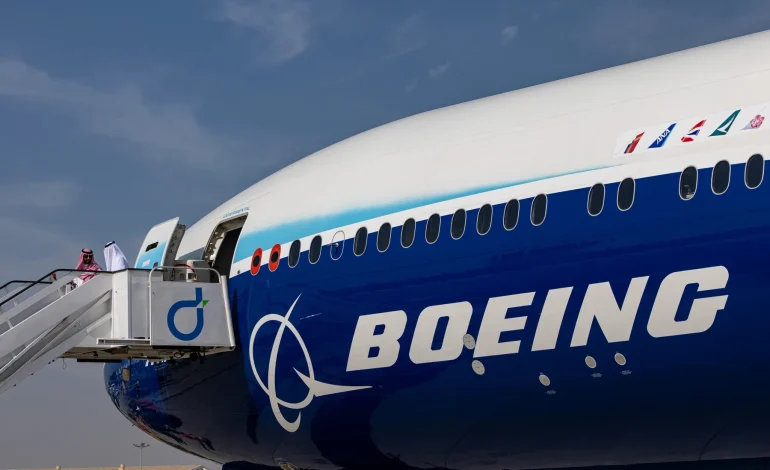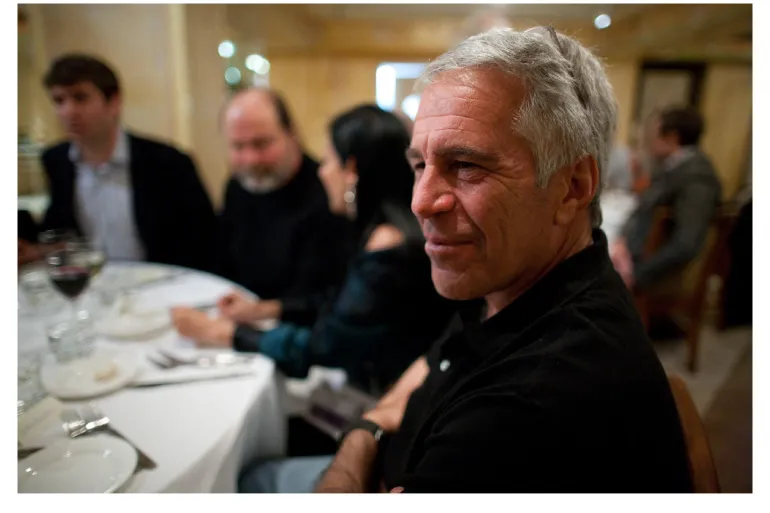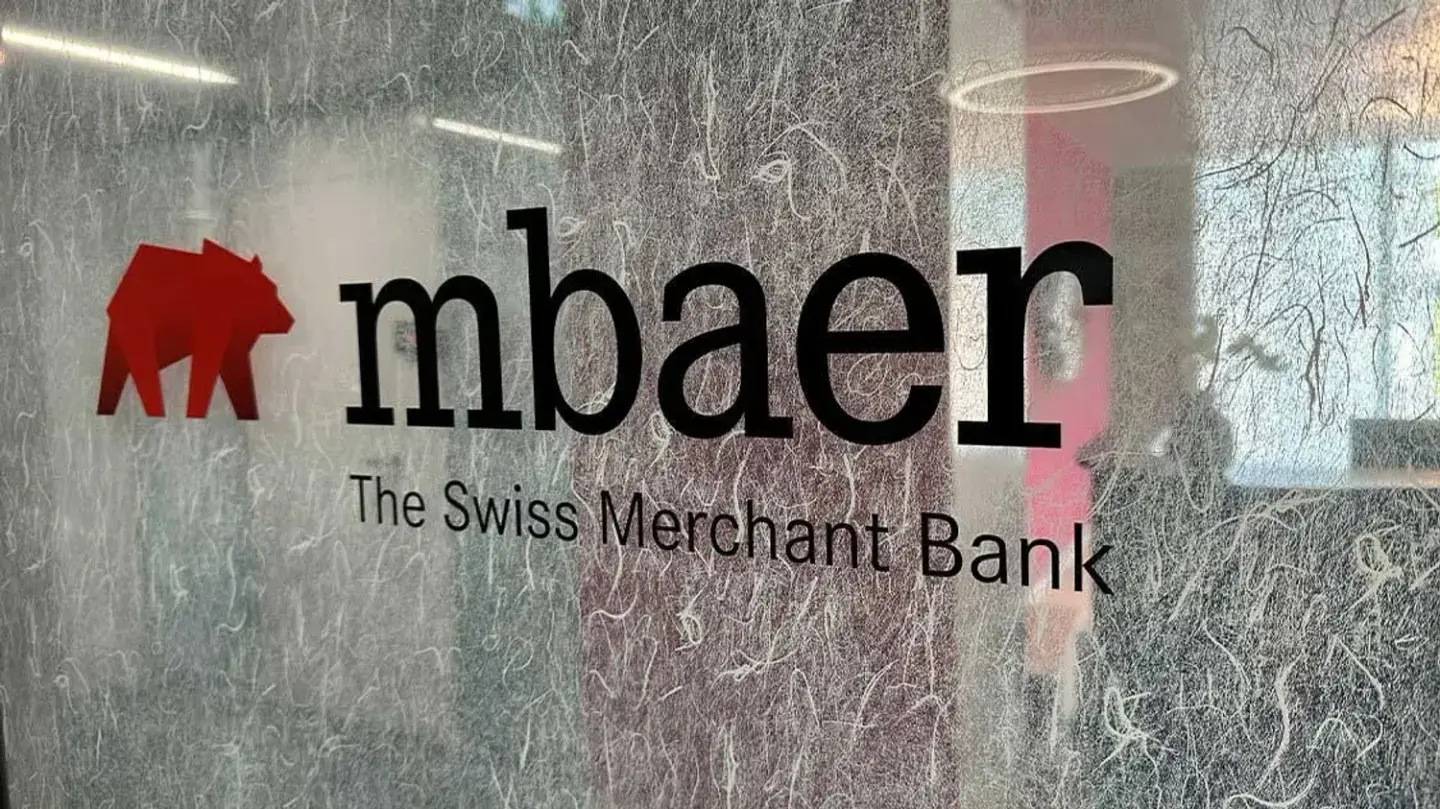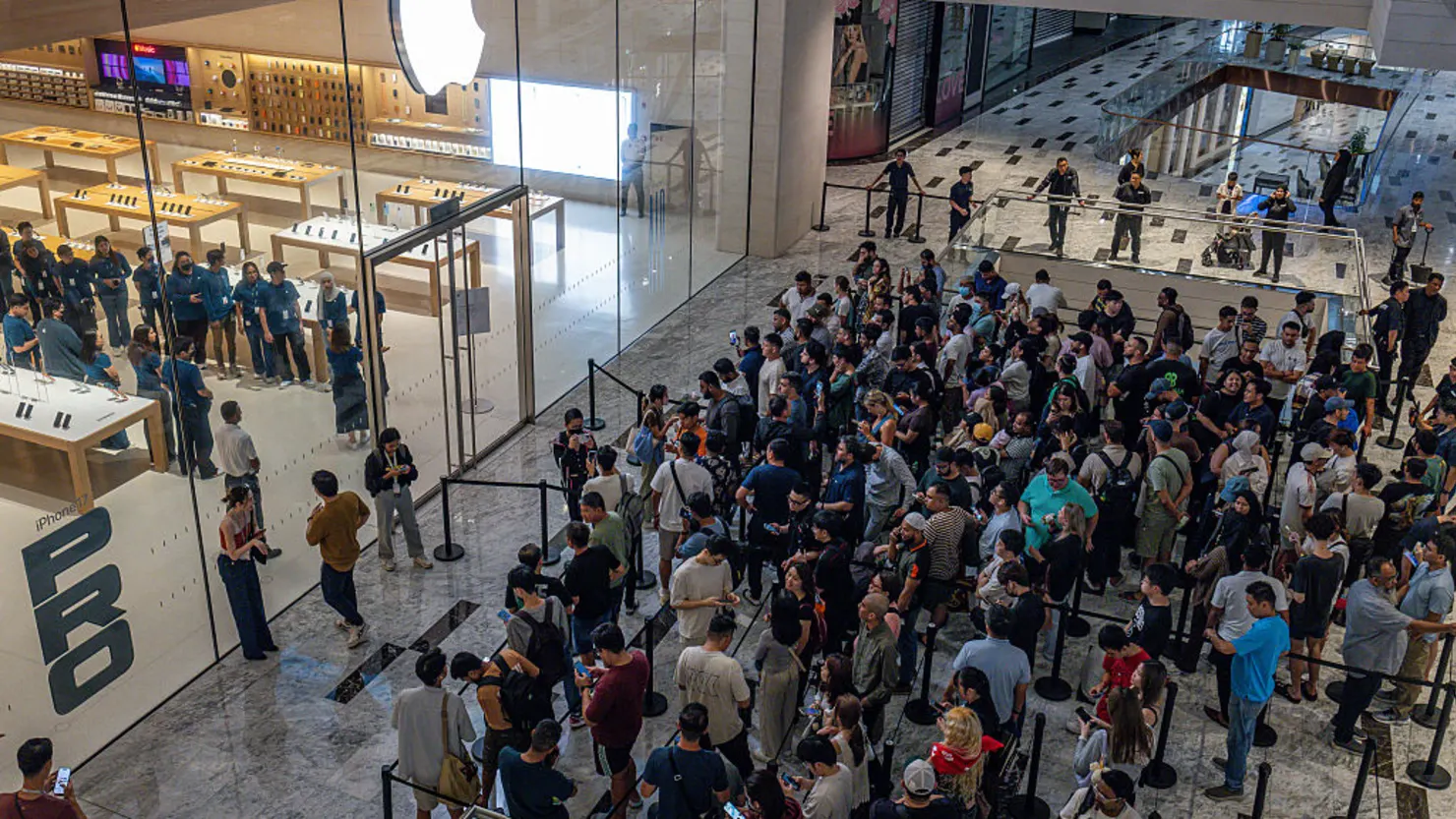Emirates Doubles Down on Boeing With $38 Billion Bet at Dubai Airshow

CNBC, Reuters, Bloomberg, and AP contributed to this report.
Emirates opened the Dubai Airshow with a blockbuster move on Monday, locking in a massive new order for Boeing’s next-generation long-haul jet and sending a clear message about where it’s placing its future bets.
The Dubai-based carrier said it’s buying 65 additional Boeing 777-9s, a deal Emirates values at $38 billion at list prices. With this order, Emirates’ total backlog with Boeing climbs to 315 widebody aircraft, cementing its status as the US planemaker’s biggest customer for large jets.
“It’s a long-term commitment and testament to our partnership with Boeing and GE, and to US aerospace,” said Sheikh Ahmed bin Saeed Al Maktoum, chairman and CEO of Emirates Airline and Group.
The order is a major win for Boeing on day one of the show, especially as the company continues to battle delays and certification issues with the 777X program.
Emirates framed the deal as much more than a fleet refresh, calling it “a massive long-term commitment to US aerospace manufacturing,” and saying it will support hundreds of thousands of high-value manufacturing jobs in the US over the life of the program.
The move is likely to go down well in Washington too. The Trump administration has leaned on big-ticket Boeing orders in its trade diplomacy, encouraging foreign partners to funnel more investment into US manufacturing.
The 777-9s Emirates is buying are powered by GE9X engines, and the deal also boosts the airline’s already huge relationship with GE Aerospace: it now has orders for 540 GE9X engines in total.
“Emirates is already the world’s largest customer for GE90 and GP7200 engines,” said Russell Stokes, president and CEO of commercial engines and services at GE Aerospace. “This additional GE9X order reflects Emirates’ confidence in our technology and our team.”
Emirates’ enthusiasm comes despite the fact that the 777X program is running years behind schedule.
The aircraft, a key part of Emirates’ long-haul strategy, is now not expected to enter service until 2027, seven years later than originally planned. The airline has already spent billions retrofitting older jets to bridge the gap and has publicly pressed Boeing to “get its act together” on deliveries.
Still, Monday’s order shows Emirates is doubling down.
The carrier relies heavily on Boeing 777s and the now-discontinued Airbus A380 to funnel long-haul passengers through Dubai. The 777-9 is expected to become the backbone of that model for decades to come, offering more seats, better fuel efficiency and extended range.
Sheikh Ahmed called the deal “a long-term commitment” that reinforces Emirates’ four-decade partnership with Boeing and GE — and makes clear he expects the airline to remain the world’s biggest 777 operator well into the future.
The order also gives Boeing an early edge over Airbus, which has been trying to win more widebody business from Emirates with its A350 family and eyeing additional deals at the same airshow.
At the same time, the Emirates deal fits into a broader trend: Gulf carriers and other major hubs are gearing up for continued growth in global air travel, particularly on long-haul routes linking Asia, Europe and the Americas.
With Dubai planning a $35 billion expansion of its new Al Maktoum airport — including more runways and hundreds of new gates — Emirates is clearly planning for a future in which it needs a lot more seats in the sky.
And with this latest 777-9 order, it’s made equally clear which manufacturer it expects to get them from.








The latest news in your social feeds
Subscribe to our social media platforms to stay tuned